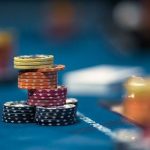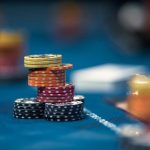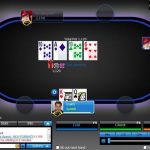The Ultimate Free Poker Strategy Guide for New Players
Poker has taken the world by storm since its invention. The game involves bluffing, deception, luck, and skill, creating countless opportunities for players to earn large sums of money. In this article we’ll show you the exact tactics used by professional poker players – from basic strategy to advanced techniques. Poker Player Standings You…






